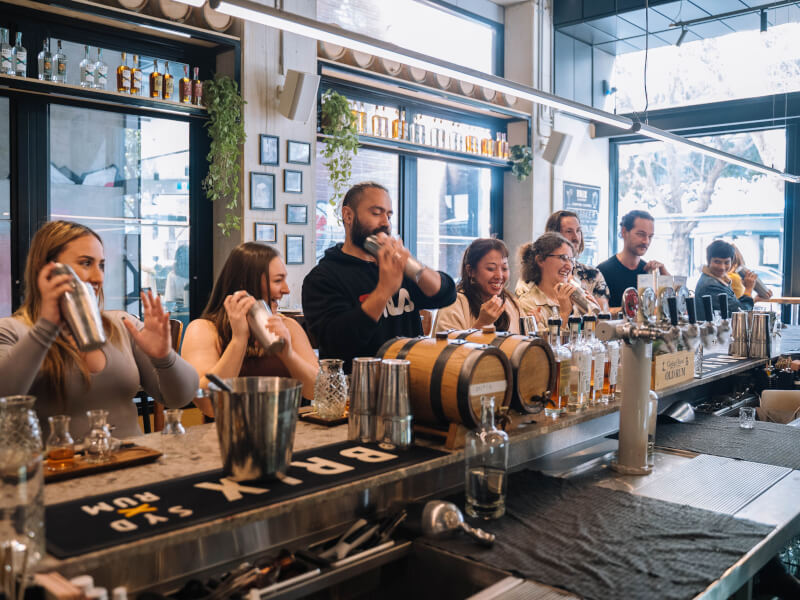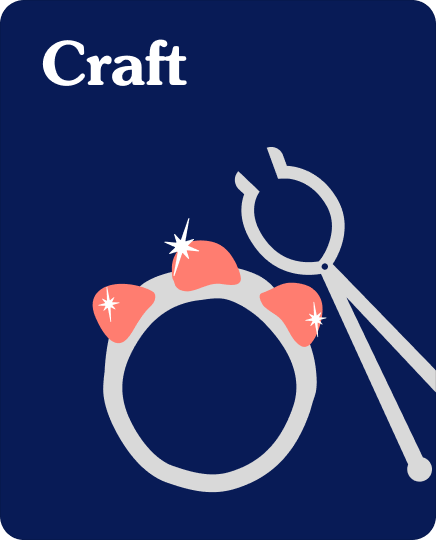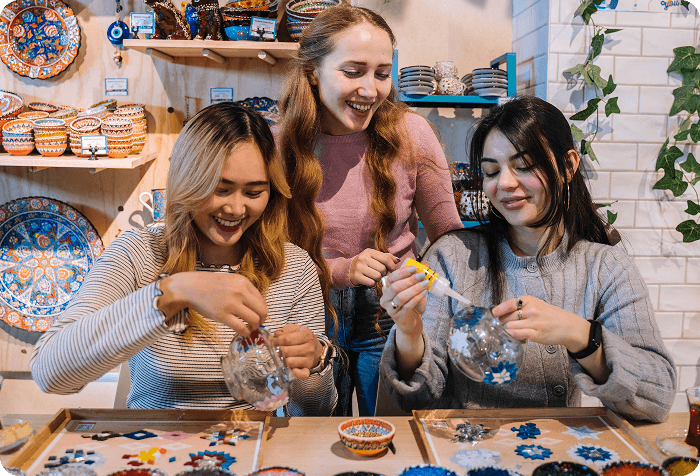In this story:
Discover our team building activities in Sydney to help adapt the workplace for all generations! No matter your team's age or experience, everyone deserves to feel valued and recognised for their hard work and contributions.
After graduating from a university in Sydney in 2013, I felt confident in my ability to get a job. I had good references and a list of diverse work experience and had often been complimented on my interviewing skills in the past. Much to my dismay and confusion, though, I could not land a job in any of the fields in which I had the most experience.
From close to twenty applications, I was finally granted an offer as a junior account executive at a small agency in Glebe, Sydney. However, my first few days were tough. I felt my commitment and ability tested constantly by those who had been there longer.
Luckily, I adapted to the high-stress environment quickly. Within a few months, I was training new employees and higher-ranking account managers were requesting to be scheduled with me. I was offered a promotion and a raise a few months later.
When I had been with the company for several months, my hiring manager explained why my start had been so rocky. She admitted that she had been tempted to throw out my resume simply because of my age. In her experience, millennials, especially those with a university degree, were not dependable. This made me realise the bias towards millennials in the workplace, which can result in a high turnover rate among younger employees.
One thing is clear: the rule of generations suggests that existing companies need to hire younger workers to remain relevant just as much as younger workers need to be hired. It is the natural cycle of history. The real question is how we can adapt the modern workplace to meet the needs of millennials and the established workforce today.
Find out the do's and don'ts of team building activities in Sydney here.
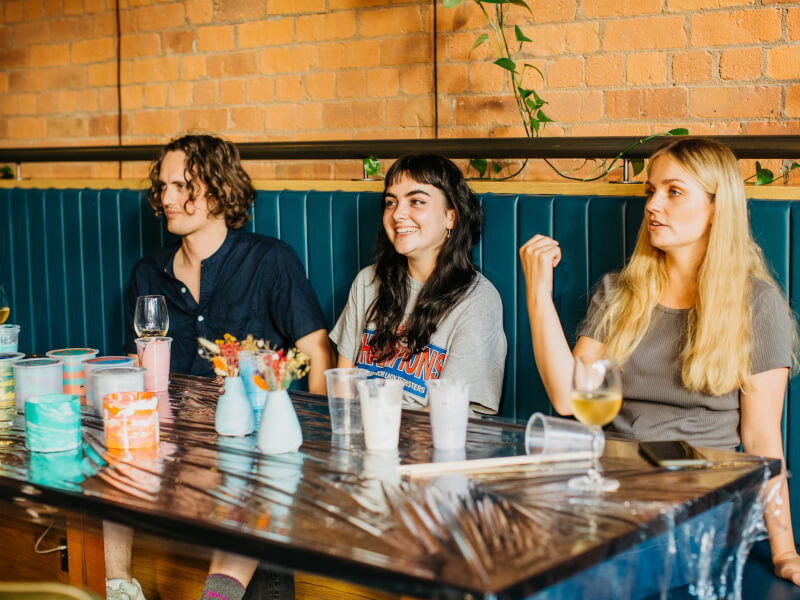
Let’s stop the stereotypes about millennials
To reach this balance, a few attributes common to millennials need to be explained.
First is the issue of loyalty. The stereotype that millennials cannot commit to any one job creates tension in the workplace for the company and the workers alike. But where did this trend come from and how can it be addressed constructively?
According to a report by PwC (1), the caution that millennials feel towards settling down with a company may be the result of their intimate relationship with the global economic crisis. In other words, sparsity in the job market may have pressured millennials to take positions that did not align with their professional goals. Indeed, a survey conducted by Deloitte (2) suggests that, while not actively looking for other employment, many millennials maintain an eye on alternative positions and are highly motivated to move up in the professional world when opportunities arise.
One way to combat this tendency to jump ship: invest a little time into your younger workers. The same Deloitte survey showed that the majority of millennials are happier with employers who act as mentors and role models, providing constructive feedback and support. This can be tricky for employers who grew up in a cut-throat work atmosphere but there is a lot of literature (3) out there to get the positive feedback mill churning.
Another key factor driving millennial turnover is a discrepancy in the definition of the workplace. Surveys show that young people want and have come to expect a balance of work and home life. This is partly due to a gradual blurring of the line between professional/personal divide.
Consider, for example, a typist’s job in the 1950’s. On an average day, the typist would arrive at work in the morning, sit down at her typewriter, and work for an eight hour shift. At the end of the day, she would put her cover on her typewriter, say goodnight to her boss and head home. Once she left the building, her workday was finished. There was no way around it. The typist went home. The typewriter stayed at the office.
Alternatively, the work environment, by today’s standard, doesn’t just refer to physical space. Advances in technology have allowed us to take our work not only home but anywhere that our smartphones can connect to the internet (e.g. the line at Starbucks, on a family vacation, in the waiting room of the dentist’s office.) This new way of working has blurred the lines between our personal and professional lives, especially for the millennial generation, who are constantly reshaping what the workspace looks like.
It’s not very surprising, then that millennials seek a work/life balance that doesn’t leave them feeling like a wrung-out dishrag at the end of the day. That is not to say that they are not willing to put in that out-of-office work but it has to be leveled out with some pretty flexible personal time.
When it comes down to the nuts and bolts, millennials aren’t asking for much. We want to be rewarded fairly for our value, we want some guidance and we want the opportunity to be a person away from the desk.
And when millennials are granted these conditions, we can offer incredible skills to our employers. We are the generation with a handle on technology, a ready willingness to collaborate with our peers and an intense ambition to create a better society for the next generation.
How to create a positive and supportive environment for your team

Want to find methods to keep your team members engaged and excited? Let's create a positive and supportive environment together for our workforce today by implementing fun team building activities in Sydney!
Team building activities are a fantastic way to create a positive, warm environment where everyone, including millennials, can thrive. They encourage collaboration, boost morale and foster a sense of community within the group. Whether it's making handmade candles, shaking up cocktails or exploring the art of terrarium making, these Sydney workshops provide an opportunity to learn something new while connecting with others.
Participating in such activities together reinforces mutual respect and understanding among team members which eventually translates into improved performance at work. So why not shake up your next team meeting with an art, craft or cooking workshop? It's sure to bring smiles all around and create warm memories that will be talked about long after the workshop concludes!
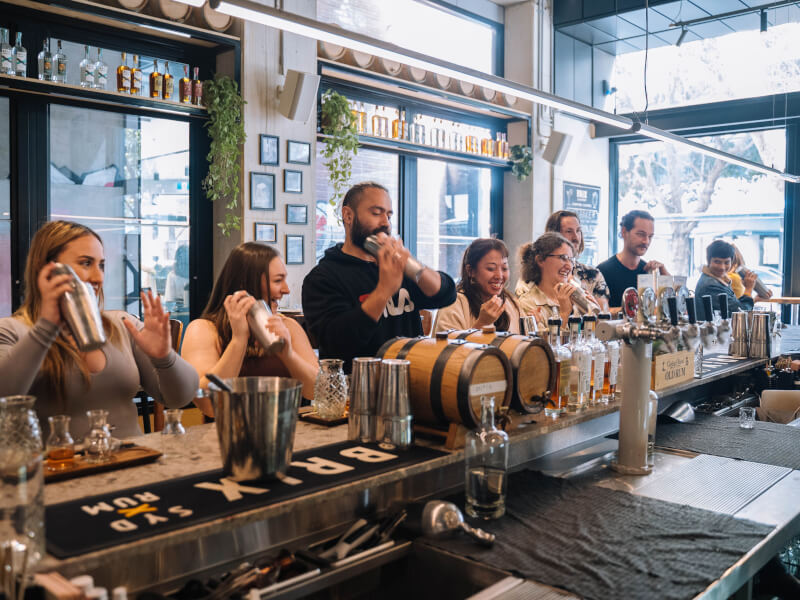
References:
1) pwc.com/gx/en/managing-tomorrows-people/future-of-work
2) deloitte.com/content/dam/Deloitte/global/Documents/About-Deloitte/gx-millenial-survey-2016-exec-summary.pdf
3) forbes.com/sites/work-in-progress/2015/10/07/how-to-give-concise-positive-feedback/3/#325dc1d99e3b



